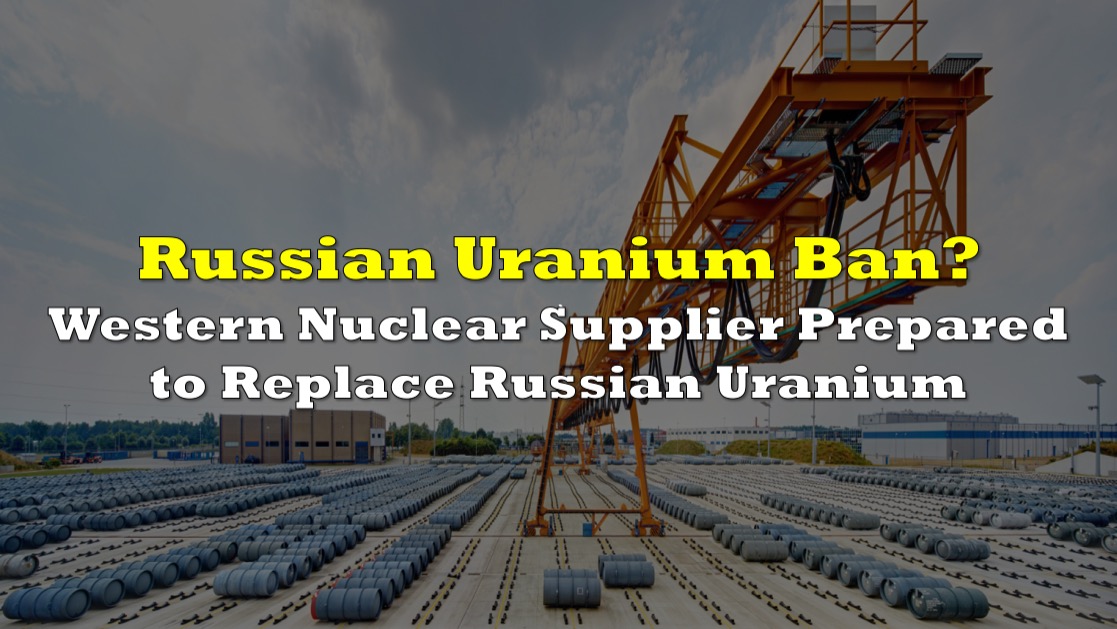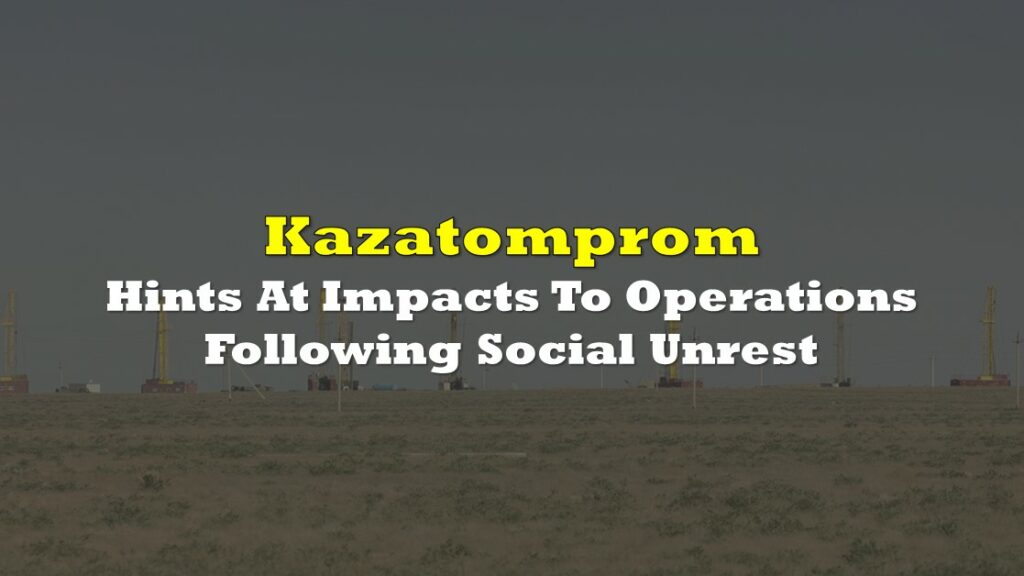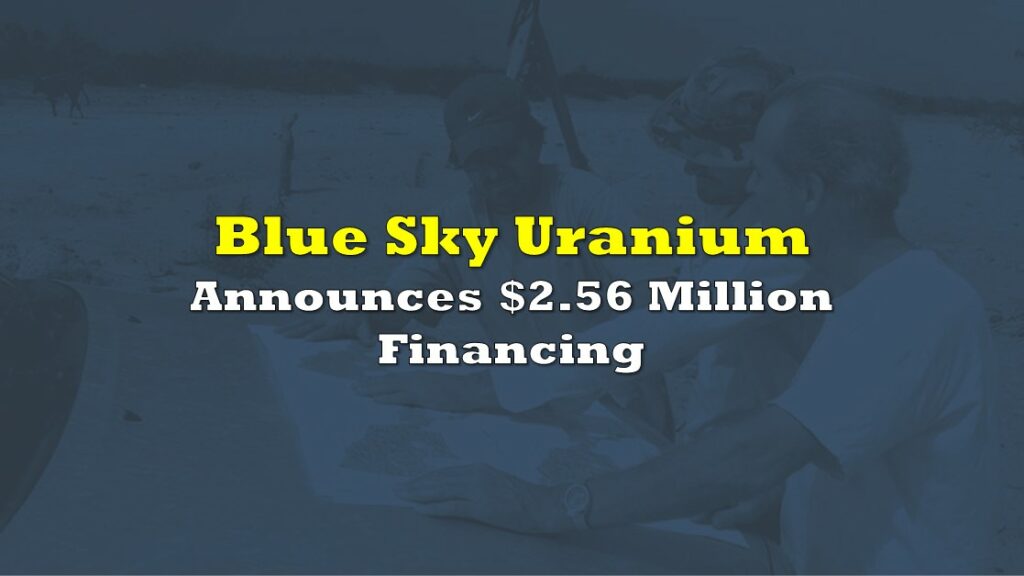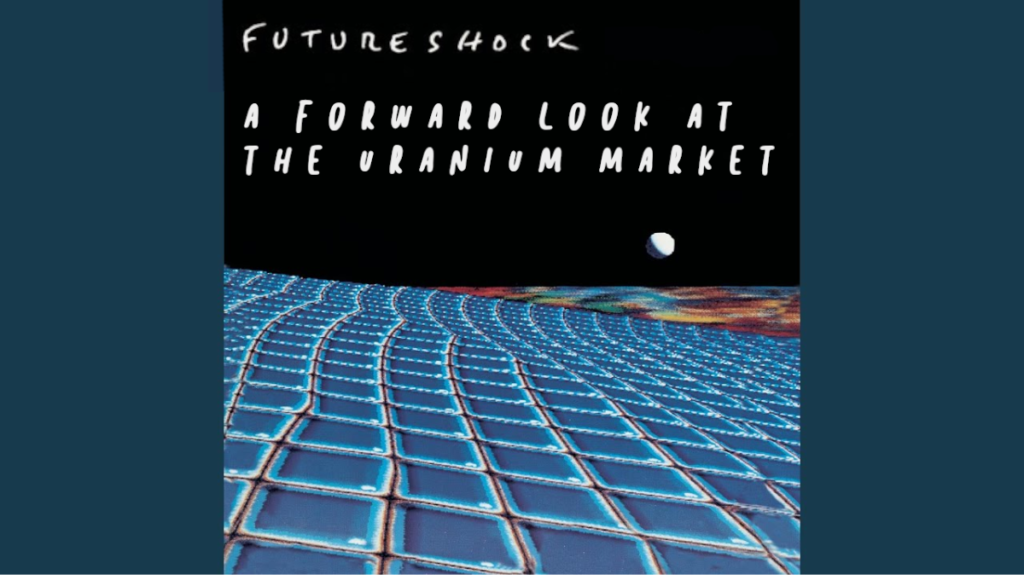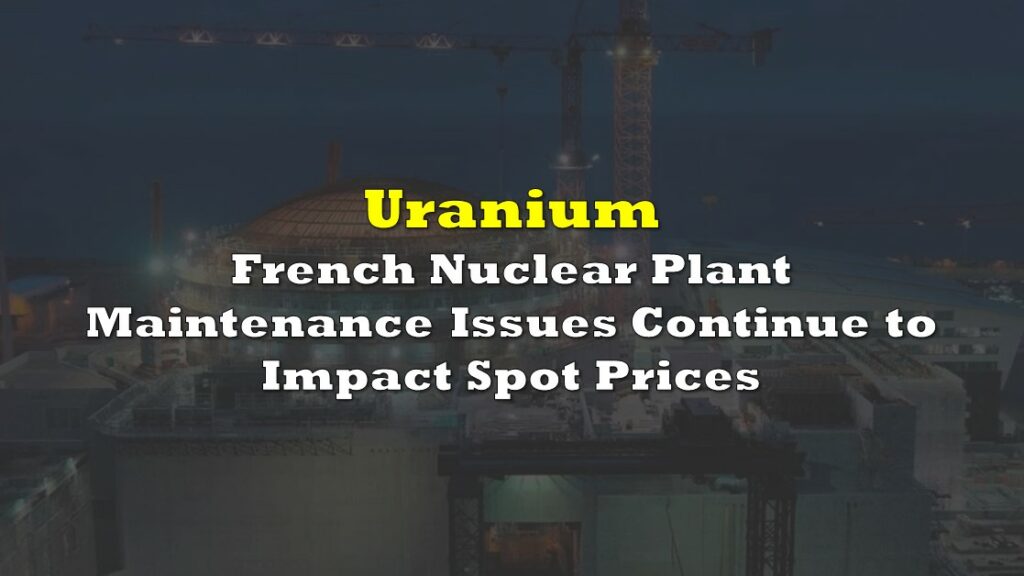In the midst of geopolitical tensions and energy security concerns, the head of Urenco, the largest western supplier of enriched uranium for nuclear plants in the US, asserts that his company stands ready to replace Russian supplies if Washington enacts a ban on imports from Russia.
Boris Schucht, the chief executive of Urenco, emphasized the company’s capacity and readiness to step in should the proposed US bill to ban uranium imports from Russia come into effect. This move, he believes, would not only address market uncertainties but also provide long-term certainty to market participants, thus boosting efforts by western nations to fortify their nuclear supply chains.
In an interview, Schucht expressed confidence in Urenco’s ability to meet the demand for enriched uranium, stressing, “There are no constraints in the short term in replacing Russian materials in the western world. That is the simple message.”
The heightened concern over energy security stems from Russia’s significant control, accounting for almost half of global uranium enrichment capacity. This dominance has raised alarms particularly following Moscow’s military actions in Ukraine. In response, the US, along with key allies such as the UK, Japan, France, and Canada, has committed substantial investments to bolster domestic suppliers of uranium enrichment and conversion capacity.
Urenco, with its shareholders including the British and Dutch governments and two German utilities, is at the forefront of these efforts. The company has secured £9.5M from the UK government to develop Haleu, a more potent fuel used in advanced reactors, as part of a larger strategy to reduce dependence on Russian energy supplies.
Schucht highlighted the surge in demand for alternative sources of supply from Russia, indicating a substantial increase in Urenco’s order book to $14B, up from $12B a year ago.
⚡️@UrencoGlobal has agreed to expand 3 facilities in US, UK & the Netherlands as their enriched #Uranium order book grows to $14 Billion💰⚛️🛒 due to western reactor operators seeking non-Russian supply🇷🇺⛔️ amidst strongest #Nuclear #energy momentum seen in 30 years🌞↗️⚛️🏗️🌍🤠🐂 https://t.co/jrdzTyeO8h
— John Quakes (@quakes99) February 11, 2024
Initially hesitant, the Biden administration is now advocating for a ban on Russian nuclear fuel imports following two years of stockpiling by power plants and significant investments in the nuclear supply chain by western companies. Timothy Fox, an analyst at ClearView Energy Partners, noted that the support from the Nuclear Energy Institute suggests minimal risk to the operations of power plant members in the event of a ban.
Schucht emphasized that the nuclear sector is experiencing a renaissance driven by the imperative to transition to emissions-free power to meet climate goals and ensure energy security in the aftermath of the conflict in Ukraine. He pointed to the development of small modular reactors (SMRs), powered by Haleu, as a significant driver in the industry.
However, he warned of aggressive competition from Russia and China in the nuclear sector. While western nations have not lagged behind in designing new technologies, they have lost ground in terms of constructing nuclear power plants due to bankruptcies in the supply chain over the past two decades.
Moreover, Schucht criticized what he termed as “strange competition” from Russia, highlighting the unfair advantage of selling nuclear fuel below production costs while maintaining a closed market to western competitors.
Information for this briefing was found via Financial Times and the sources mentioned. The author has no securities or affiliations related to this organization. Not a recommendation to buy or sell. Always do additional research and consult a professional before purchasing a security. The author holds no licenses.

